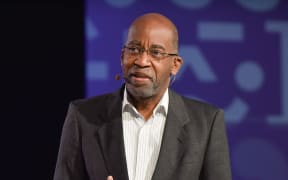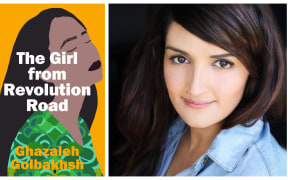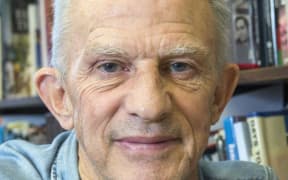Saturday Morning for Saturday 29 August 2020
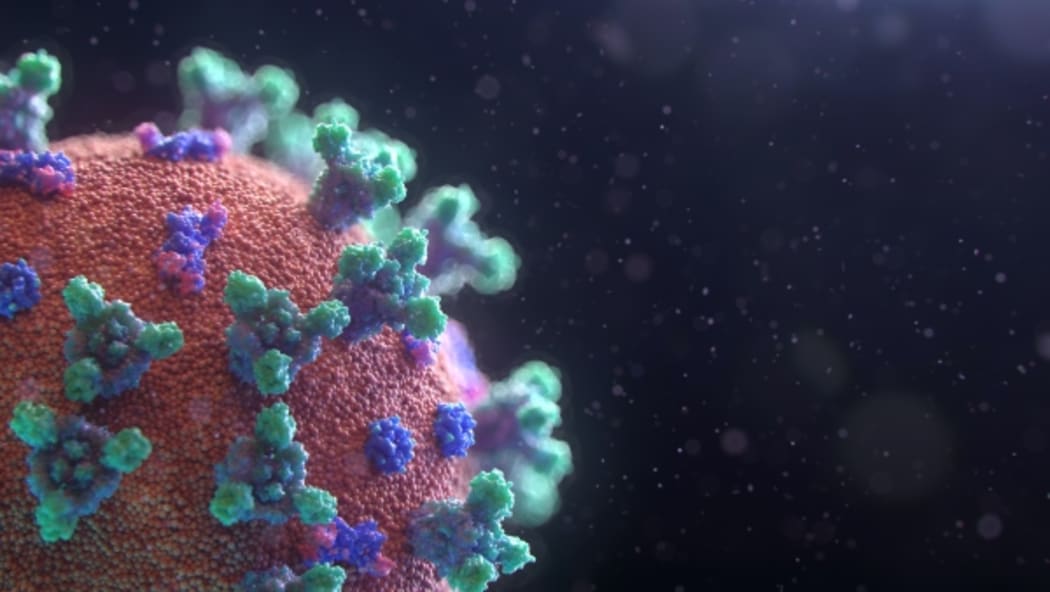
visualisation of the Covid-19 virus Photo: Fusion Medical Animation on Unsplash
8:10 Geneticist James Hadfield: mapping and tracking COVID-19 in NZ
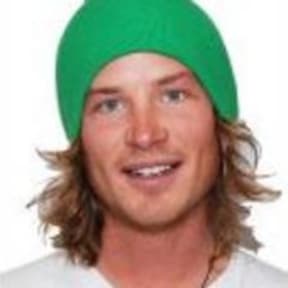
James Hadfield Photo: supplied
Phylogeneticist Dr James Hadfield is working with scientists at ESR, the University of Otago & the University of Auckland to map the path of the recent Auckland COVID-19 outbreak using genetic tracing techniques.
He works on the open source Nextstrain platform which allows scientists around the world to compare genetic information about SARS CoV-2, and track mutation rates and spread, almost in real time.
When we last spoke to him in March, in the early stages of the pandemic, he was sharing the results from hundreds of positive samples from 33 different countries.
Now there are over 80,000 coronavirus genomes publicly available from over 100 countries.
8:30 Dr David Williams: The health impacts of racism

Dr David R Williams Photo: Supplied / Harvard Chan School
Why do black Americans have higher rates of chronic illness, disease, and mortality than white Americans, even when you control for variables like income and education?
Harvard public health professor Dr David R. Williams has devoted his career to studying troubling questions like this.
His work focuses on the health impacts of racism and what can be done to reduce inequality.
Dr Williams is Professor of Public Health and Professor of African and African American Studies and Sociology at Harvard's T.H. Chan School of Public Health.
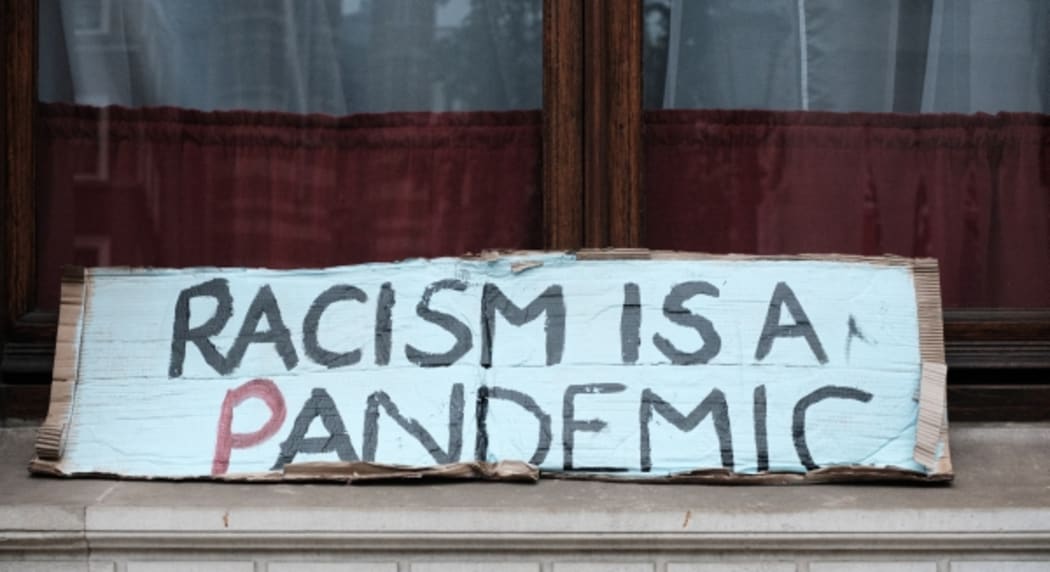
Photo: Ehimetalor Akhere Unuabona / Unsplash
9:05 Cancer, evolution and genetics: Kat Arney
Many of us think of cancer as a contemporary curse, a disease of our own making caused by our modern lifestyles, but it has always been with us.
It killed our hominid ancestors, the mammals they evolved from, and even dinosaurs before that.
Geneticist and science writer Dr Kat Arney has spent more than a decade communicating the science around cancer for the world's largest independent cancer research charity.
She's just released a new book on the topic: Rebel Cell: Cancer, Evolution and the Science of Life.
Her previous books are Herding Hemingway's Cats: Understanding How Our Genes Work and How to Code a Human.
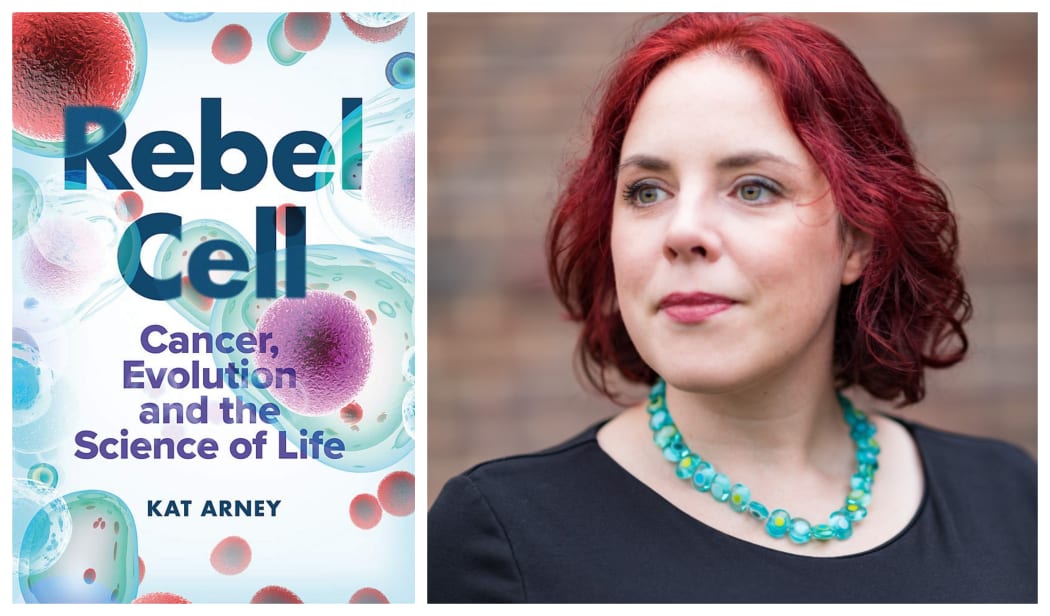
Photo: supplied
10:05 "Jail made me": Greg Newbold on living and studying crime and punishment in NZ
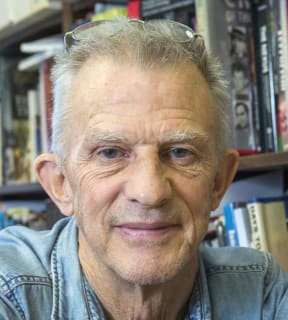
Greg Newbold. Photo: University of Canterbury
Recently retired criminology professor Dr Greg Newbold built his 30+ year academic career on a base of personal experience - courtesy of a seven-and-a-half year jail sentence for selling heroin.
While incarcerated he completed an MA on the social organisation of a maximum security prison.
He began teaching sociology and criminology at the University of Canterbury In 1988 after completing his PhD .
He is regarded as New Zealand's leading authority on corrections, and has published ten books, including The Big Huey a best-selling narrative of his prison experiences, and more than 100 articles on crime and criminal justice.
10:30 Ghazaleh Golbakhsh: The Girl from Revolution Road
Ghazaleh Golbakhsh is a writer, filmmaker and Fulbright scholar whose work reflects on displacement, her Iranian-New Zealand experience, and the pressure that comes with living between two worlds.
She is soon to release The Girl from Revolution Road, a collection of personal essays which range from her childhood in war-torn Iran, including the trauma of a night spent in prison as a six-year-old, to learning English so she could make friends, to dating in the days of Covid-19.
She has also written several short films including the RNZ/NZ on Air documentary series This is Us which centred on Muslim New Zealanders. She is currently developing her first feature film screenplay.
Ghazaleh has an MA in Screen Production from the University of Auckland and studied post-graduate screenwriting and directing at the University of Southern California, where she worked for the Sundance Institute. She is currently completing her PhD with creative practice.
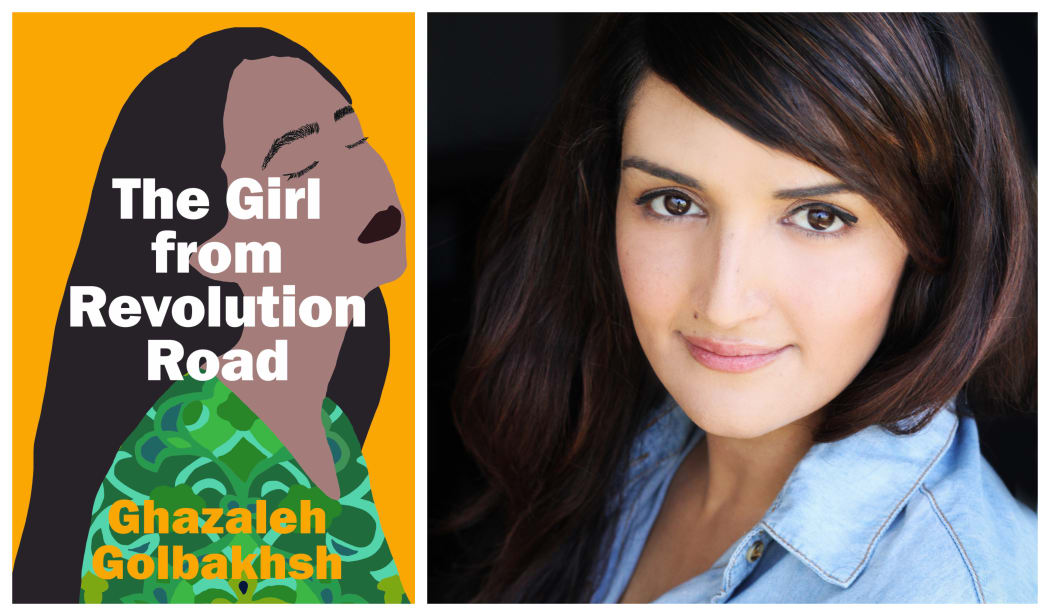
Ghazaleh Golbakhsh Photo: supplied / Sacha Stejko
11:05 Devo frontman Mark Mothersbaugh plays favourites
Mark Mothersbaugh made his name as the co-founder, composer and frontman of Devo.
The avant-garde American band was influenced by the Surrealists, wore flowerpot-adjacent hats, and were pioneers of the music video, as well as creating songs like Whip It and Freedom of Choice.
These days Mothersbaugh mostly works on soundtracks for film and TV: you'll have heard his work on Moonrise Kingdom, 21 Jump Street, Cloudy with a Chance of Meatballs, Rushmore, Hotel Transylvania, The Royal Tenenbaums, The Life Aquatic, Tiger King..and many more.
He also worked with Taika Waititi on Thor: Ragnarok and the Emmy-nominated TV spinoff of What We Do In the Shadows.
Now recovering from a serious case of Covid-19, we speak to him from his Los Angeles base, the Mutato studios he set up there in 1989.

Mark Mothersbaugh of Devo Photo: LivePict.com CC BY-SA 3.0
Books mentioned in this show:
Rebel Cell: Cancer, Evolution and the Science of Life
by Kat Arney
ISBN: 9781474619592
published by Hachette
The Girl From Revolution Road
By Ghazaleh Golbakhsh
ISBN: 9781988547398
Publisher: Allen & Unwin
Music played in this show
Song:Whip It
Artist Devo
Played at 8:30
Song:Time Machine
Artist:Sunday Driver
Played at 9:10
Song: Just for Tonight
Artist: Teeks
Played at 10:30
Song: Christchurch Woman
Artist Justin Townes Earle
Played at 11:05
Song: She Loves You
Artist: The Beatles
Played at 11:17
Song: Editions Of You
Artist: Roxy Music
Played at 11:23
Song: The Blimp (Mousetrapreplica)
Artist: Captain Beefheart
Played at 11:31
Song: Can't Hardly Wait
Artist: Justin Townes Earle
Played at 11:58
